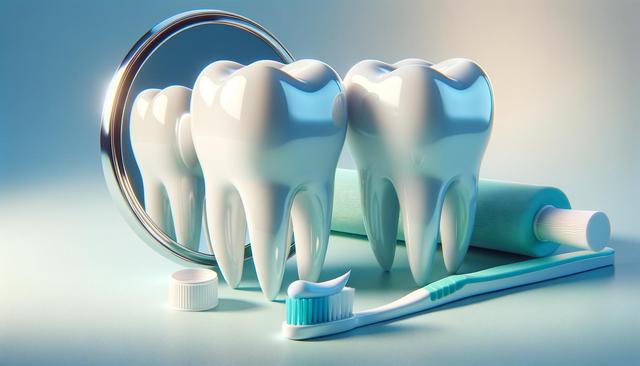Why Regular Dentist Visits Matter
Many people tend to visit the dentist only when they experience pain or discomfort, but routine checkups are essential for maintaining long-term oral health. Dentists play a crucial role in identifying potential issues early, often before symptoms even appear. Preventive care helps avoid complex procedures that can be costly and time-consuming.
During a regular dental visit, patients can expect a range of services, including:
- Professional cleaning to remove plaque and tartar buildup
- Thorough examination of teeth and gums
- X-rays to detect hidden problems
- Advice on daily oral hygiene practices
By scheduling dental appointments at least twice a year, individuals can significantly reduce the risk of cavities, gum disease, and other oral health issues. These visits also provide an opportunity to discuss the use of dental hygiene products such as flos oral b and floos dental tools that can improve at-home care.
Building a Daily Dental Care Routine
Creating a consistent daily dental care routine is one of the most effective ways to keep your teeth and gums healthy between dentist visits. The foundation of this routine involves brushing, flossing, and rinsing. Many dental professionals recommend brushing at least twice a day and flossing once a day to remove plaque and food particles that brushing alone cannot reach.
Using quality products can make a big difference. For example, oral b super floos and super floos are designed to clean wider gaps between teeth and around dental appliances. These specialized tools help ensure that areas commonly missed by regular floss are thoroughly cleaned.
A comprehensive dental routine may include:
- Brushing with fluoride toothpaste
- Using dental floos like floos teeth to reach tight spaces
- Rinsing with an antibacterial mouthwash
- Replacing your toothbrush every three months
Adopting these habits can lead to noticeable improvements in oral hygiene and reduce the likelihood of gum disease and tooth decay.
Common Dental Issues and How to Prevent Them
Understanding common dental problems can help individuals take the necessary steps to prevent them. Some of the most prevalent issues include cavities, gum disease, bad breath, and tooth sensitivity. These problems are often caused by a buildup of plaque, poor oral hygiene, or dietary choices.
Preventive measures can make a significant difference:
- Brush and floss regularly using quality products like flos oral b or floos dental
- Limit sugary and acidic foods that contribute to enamel erosion
- Stay hydrated to support saliva production, which naturally cleans the mouth
- Avoid smoking and excessive alcohol consumption
Using tools such as oral b super floos helps reach areas behind braces or bridges that are particularly prone to plaque accumulation. Regular dental checkups also ensure that these issues are addressed early before they develop into more serious conditions.
The Role of Diet in Oral Health
What you eat has a direct impact on your oral health. A diet rich in vitamins and minerals supports strong teeth and gums, while sugary and acidic foods can lead to decay. Calcium, vitamin D, and phosphorus are particularly important for maintaining tooth enamel and overall dental strength.
Foods beneficial for oral health include:
- Dairy products like cheese and yogurt
- Leafy greens such as spinach and kale
- Crunchy fruits and vegetables that stimulate saliva production
- Nuts and seeds rich in healthy fats and minerals
In addition to maintaining a balanced diet, using dental aids like floos teeth or dental floos ensures that food particles are removed from between the teeth where a toothbrush may not reach. Incorporating these habits helps prevent plaque buildup and promotes a healthier mouth.
Choosing the Right Dental Products
With so many dental care products on the market, selecting the right ones can feel overwhelming. However, choosing tools that meet your specific needs can make your dental care routine more effective and enjoyable. For instance, individuals with braces or bridges may benefit from using super floos or oral b super floos, which are designed to clean hard-to-reach areas.
Factors to consider when choosing dental products include:
- Type of toothbrush (manual or electric)
- Flossing tools suited for your dental structure
- Fluoride content in toothpaste
- Presence of antibacterial agents in mouthwash
Consulting with your dentist can also provide guidance on which products are most suitable for your oral health goals. They may recommend specific items like flos oral b or floos dental based on your unique situation and dental history.
Conclusion: Prioritizing Dental Health for a Better Quality of Life
Investing time and effort into dental care pays off in more ways than just a bright smile. Regular dentist visits, combined with a consistent at-home routine using products such as floos teeth and oral b super floos, can significantly enhance your overall health and well-being. By understanding the importance of preventive care and making thoughtful choices in your daily habits, you can enjoy strong, healthy teeth for years to come.




Leave a Reply